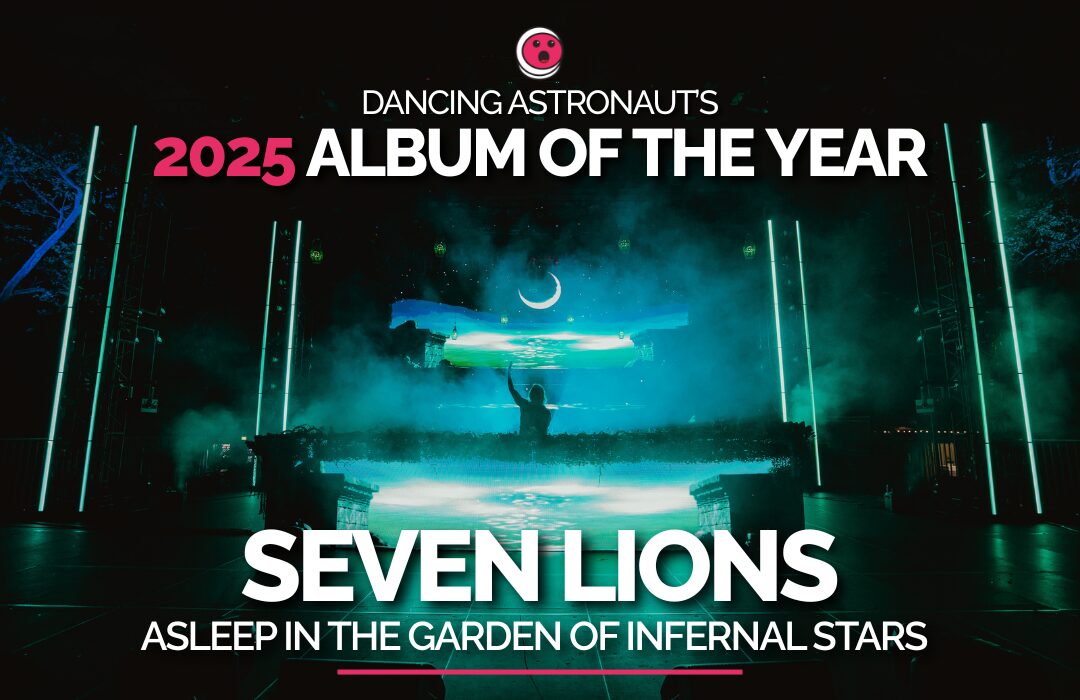A young and utterly ordinary young man, who has been out of luck or else completely lacking in any sense of charm where the fairer sex is involved, suddenly becomes the focus of multiple beautiful women, whether they’re childhood friends, high school classmates, or literal aliens. Comedic and/or destructive love battles ensue, particularly if some -- or all -- of said women happen to be super-powered. Our main protagonist wins an enthusiastic, albeit somewhat dysfunctional family unit, and can content himself with fortuitous peek-shows and accidentally crashing head-first into numerous cleavages.
This is the abbreviated version of the majority of harem anime out there, particularly pre-2010s, and these types of shows have become such a core genre of the medium that no season seems to go without one or two new titles being introduced.
A brief summary for those unfamiliar with the term: generally speaking, the harem genre is characterized by a teenage male protagonist who, by some twist of fate, finds himself surrounded -- and either immediately or eventually romantically desired by -- three or more attractive women. Plenty of harem shows remain vague as to which of these women the male character is most interested in until near the end of the series, assuming a choice is made at all. In such cases, the shows tend to conclude open-endedly or imply that the protagonist has opted to remain single in order to spare anyone embarrassment or heartbreak.
Alternatively, a harem title may almost immediately narrow the focus down to a single member of the female cast, making the viewer at least tacitly aware of the canonical choice. The secondary women then exist to provide comical or dramatic story arcs, misunderstandings galore, and other side-plots to help drive the narrative -- along with a healthy dose of fanservice, of course.
When the inverse pattern occurs, with one main female character finding herself inadvertently surrounded by three or more attractive males, this is called a reverse-harem. As you’d expect, most harem and reverse-harem titles are fairly light-hearted and, especially nowadays, humorously self-aware, although they can occasionally be more dramatically emotional or even quite dark.
Important to note is that the word ‘harem’ in reference to the genre of anime and manga was, much like many other anime-specific terms, created by Western fans of the medium. In Japan, these titles are typically just referred to as ‘love comedies.’ As such, the phrase is relatively new, only first coming into usage in the 1990s thanks to the major success of the Tenchi Muyo! series in the U.S. However, the history of the genre itself as we understand it came into being with the release of the Urusei Yatsura (Those Obnoxious Aliens) manga in the 1970s. The anime adaptation of the title spanned 195 episodes airing from 1981 to 1986, as well as six films and 12 OVAs, and was released not only in Japan but also later in countries including Hong Kong, Taiwan, Italy, France and of course, the U.S.
The story of Urusei Yatsura follows Ataru, a high schooler whose single notable talent is chasing after the ladies. When a group of aliens invades Earth, they play a game to determine the planet’s fate: if a randomly selected human (which naturally turns out to be Ataru) is able to defeat their champion in a game of tag, the invasion will be called off. Moreover, if he wins, Ataru’s childhood friend Shinobu promises she will marry him. During the game, Ataru manages to steal Lum’s bikini top, tricking her into flying at him to get it back. Catching her, Ataru shouts triumphantly, “Now I can finally marry her!” Misunderstanding this as a proposal, Lum accepts on the spot and immediately moves in with him.
From there on out, the story continues to follow Ataru and Lum as various attractive aliens try to steal Ataru from Lum or vice versa. The Urusei Yatsura anime became immensely popular -- in fact, it was the first title to inspire fan-written translations -- and was essentially responsible for creating the basic structure of almost every harem anime to follow.
In the early 1990s, the modern bishoujo (literally “beautiful girl”) game was conceived, the most notable subgenre of this being ren’ai video games -- better known outside Japan as dating sims, where the official goal is usually to win the romantic affections of a single female character of the player’s choice from the half-dozen or so available. These types of games often served as the basis for many harem anime titles and continue to do so today, including the likes of Sakura Wars, Shuffle! and Rumbling Hearts. They also greatly influenced the concept of the next major landmark in harem anime history: Tenchi Muyo!.
Like the bishoujo games of the time, the first Tenchi OVA, which debuted in 1992, was clearly intended for a young male audience. The by now tried and true concept of one main male character surrounded by a flock of attractive ladies had really caught on, and while Urusei Yatsura introduced the original framework for the anime genre, it was Tenchi that popularized it. The series also helped pave the way for the eventual success of many similar titles such as Saber Marionette, Martian Successor Nadesico, Hand Maid May, Steel Angel Kurumi, Love Hina, and Kanon. These kinds of harem titles became especially popular overseas, with Oh My Goddess! (1998-99) and Love Hina (2000), for example, gaining plenty of mainstream attention.
Nonetheless, it’s safe to say that despite the continuing popularity of harem titles today, the overall perception of the genre among numerous anime fans, at least outside Japan, often isn’t particularly favorable. It’s been heavily criticized for its persistent use of fanservice, and is therefore frequently shunned by many viewers as sexist and objectifying -- and while not every televised harem series is reduced to this single selling point, some manage to be genuinely offensive.
For instance, 2004’s DearS centers around a high school boy named Takeya and his self-professed alien slave girl, Ren. The anime also incorporates a teacher who likes to sprawl herself on her desk during class while wearing only lingerie, and a string of competitions between Ren and another alien revolving mostly around cooking and various other household chores.
That being said, DearS and titles similar to it are by no means representative of all harem anime out there. Although a large number of harem titles lack any named male characters outside of the lead, this is perhaps as much an attempt to control the size of the typically already-large cast as anything else. Meanwhile, having a sizeable cast made up primarily of young women to begin with maximizes the chance of catering to every audience member, not just the ones on the lookout for enormous breasts or scantily-clad aliens.
Also important to note is that, in the case of most titles that make the canon couple apparent right from the get-go, any strong sexual or romantic interest by the male lead is concentrated on that single character -- in other words, he isn’t likely to view the entire group as his sexual prey, assuming his personality is written to be assertive at all. Much more common is for the lead -- who is commonly portrayed as shy, unassuming, or just plain dull -- to feel bewildered, intimidated or even irritated by the circumstances he finds himself in.
Moreover, plenty, if not most reverse-harems targeted primarily toward young women instead of men involve their own fair share of cookie-cutter characters, fanservice and other stereotypes associated with the genre. At the very least, certain criticisms seem rather hypocritical from viewers who might perceive harem anime to be intrinsically more ridiculous, oversexualized or offensive than their pretty-boy-centric counterparts. From Fushigi Yuugi to Fruits Basket, Hakuouki to Yona of the Dawn, Ouran High School Host Club to Uta no Prince-sama, Amnesia to Diabolik Lovers, just to name a few, there’s certainly no shortage of reverse-harem titles out there.
Last but not least, there tends to be a prevailing assumption among some viewers that all harem titles are comedies, and are therefore somehow inferior to more serious or complex anime. However, not every anime can or should be a deeply serious affair -- a show doesn’t need to be on the same philosophical level as, say, Evangelion in order to be considered good or enjoyable.
In any case, while perhaps not as common as their comedic equivalents, relatively serious harem anime do exist, drawing on socially relevant drama, sincere romance or even outright dark thematic elements. Oh My Goddess!, Ai Yori Aoshi, Elfen Lied, Kanon, Shuffle! and Clannad are all good examples of this. In short, there is sometimes more to harem anime that meets the eye, and not every title relies on tired fanservice or slapstick comedy to sell what has the potential to be a compelling or touching story.


